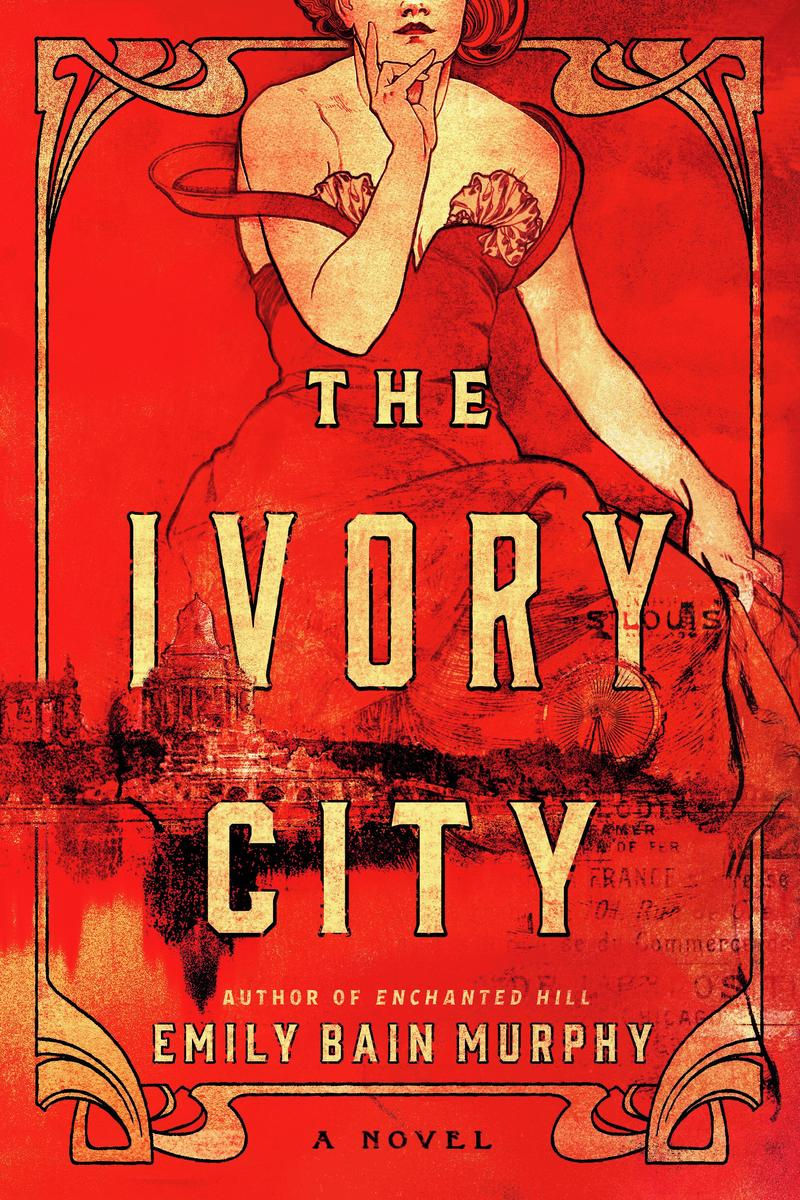"Babel" | Reviewed by Nelson Appell
- cstucky2

- Oct 25, 2022
- 2 min read
“Babel” by R.F. Kuang is an immersive and ambitious alternate-history fantasy of the Victorian era British Empire that should be widely-read. I’ll be surprised if it doesn’t win a major literary award. It’s a brilliant follow-up effort to Kuang’s “Poppy War” trilogy.
Robin Swift is rescued from the streets of Canton as a boy and taken to live in England with his benefactor, Professor Lovell. Robin’s life and studies are enabled by Lovell’s wealth, and when he is of age Lovell he is admitted to Oxford University. There he discovers other young adults like himself, people brought to England from the distant reaches of the British Empire. They are there to study and eventually join the Royal Institute of Translation, known as Babel.
Kuang’s British Empire is powered by Silver, which has magical properties. When two bars of silver are engraved with a similar word in two different languages, the “matched” pair can alter reality. They power ships to sail faster, strengthen building foundations, hold bridges together, and enable British diplomatic and military power. Bilingual adults like Robin and his friends are needed as scholars. They will join Babel to study silver and mine the Empire’s wealth of languages to create more “matched” pairs of words and enable England’s colonial reaches.
This magical system allows Kuang to explore her interest in words and languages. She is a scholar herself, and she pokes fun at scholarship throughout the book. She uses footnotes and asides to dig deeper into this magical system. I found this both interesting as well as a means for her to establish how real her world feels.
The early chapters of the novel set up Babel and the realities of colonialism as Robin and friends study and learn in the magical atmosphere of Oxford, a place they all deeply love. They also experience enough racism that they begin to question how they could ever be accepted into English society. Robin is recruited by Hermes, a mysterious and secretive society established to resist the British Empire. Over time, Robin becomes torn between two worlds—the magnificence of a luxurious life as a Babel scholar and the world of colonial resistance.
Once the precipitating event happens, somewhere in the middle of the novel, the suspense ratchets up and all the immersive detail that came before informs the stakes of the novel. The second half is compulsive reading as the Robin’s life becomes more dangerous with every chapter. Robin and friends all have important decisions to make and these decisions come with dire consequences. Can the British Empire be changed from within? Or is something else required? The full title of the book lets the reader know what to expect: “Babel, or The Necessity of Violence: An Arcane History of the Oxford Translators’ Revolution.”
This is not a happy read, but it is powerful and compelling. As Kuang raises the stakes in the novel, it is clear that no one is safe. I thought of another immersive British fantasy many times: “Jonathan Strange and Mr. Norell.” Indeed, the official website touts the book as a “tonal retort” to “Jonathan Strange.”
It’s long—547 pages—and worth it. “Babel” is great book to settle into on a cold autumn day.

.png)





Comments